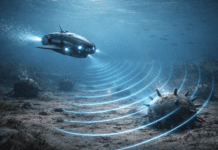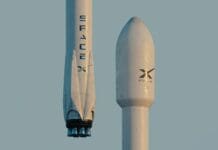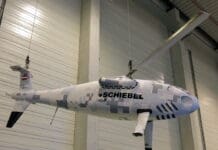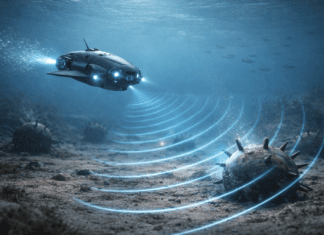
This post is also available in:
 עברית (Hebrew)
עברית (Hebrew)
Electric vehicle technology has made great strides in the past decade, going from a low-performance niche curiosity to high-performance supercars and battery-powered tractor/trailer rigs. As a result, the US Army is showing interest in such advances as a way to help it with its ever-increasing logistical problems.
The Army is looking into the possibility of adding electric vehicle technology to its fleet of wheeled vehicles. The hope is to simplify maintenance while reducing the logistical problems connected with fossil fuels.
The subject was elaborated in a draft white-paper proposal by the Army Futures and Concepts Center (FCC). Currently, the Army is dependent on large vehicles powered by internal combustion engines to move personnel and materials to the battlefield. But such engines are extremely complex with many parts that could become more expensive as the demand for fossil fuel engines falls and production is cut back. In addition, such complex engines are difficult to maintain, according to newatlas.com. Worst of all, conventional engines mean moving tonnes of fossil fuels across the globe and to the battlefield – putting commanders at the mercy of very long and very vulnerable logistics chains.
Electric motors have few components, are relatively easy to maintain, and battery ranges have improved significantly. Unfortunately, the technology also has its drawbacks. Batteries take a long time to recharge and have a short service life.
Electric vehicles still need a power source that is reliable and within a reasonable distance. To deal with the latter problem, the Army says that the Office of the Secretary of Defense is looking at several alternatives, including the development of mobile nuclear power plants to generate electricity. Meanwhile, the battery problem could be overcome by new capacitors that could extend battery life and reduce charge times.

























